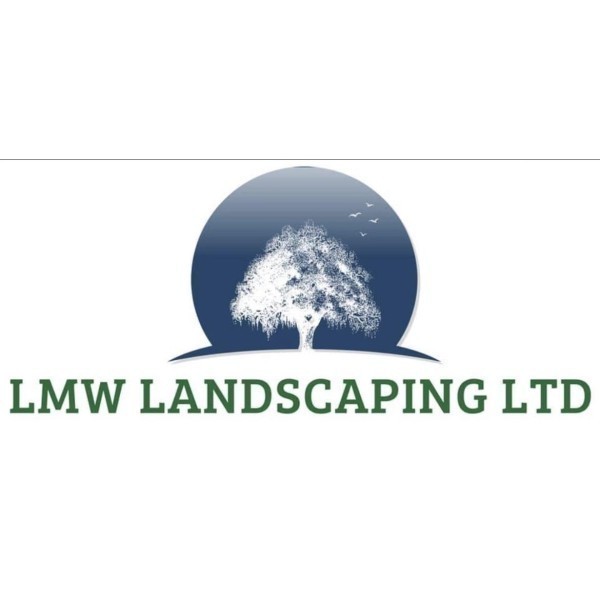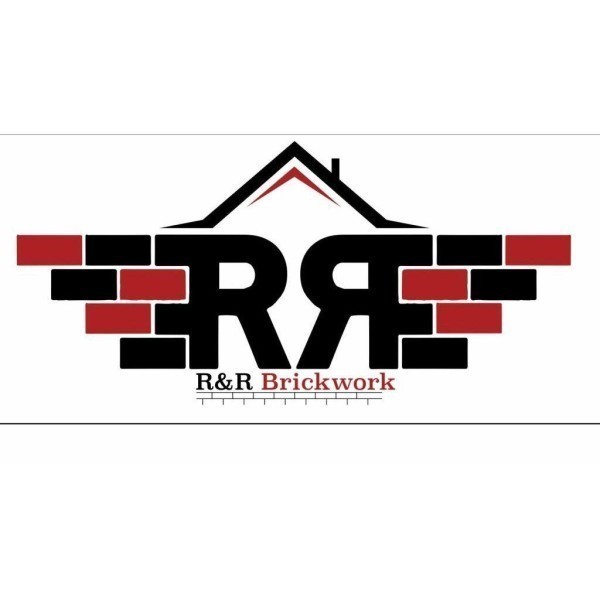Introduction to Block Paving in Essex
Block paving in Essex has become a popular choice for homeowners and businesses alike, offering a durable and aesthetically pleasing solution for driveways, patios, and pathways. This versatile paving option not only enhances the visual appeal of a property but also adds value and functionality. In this article, we'll explore the various aspects of block paving, from its benefits and types to maintenance tips and installation processes, ensuring you have all the information you need to make an informed decision.
What is Block Paving?
Block paving, also known as brick paving, involves the use of individual blocks or bricks to create a hard surface. These blocks are typically made from concrete or clay and come in a variety of shapes, sizes, and colours. The blocks are laid in a specific pattern, interlocking with each other to provide a stable and durable surface. This method of paving is particularly popular in Essex due to its ability to withstand the region's weather conditions while offering a stylish finish.
Benefits of Block Paving
There are numerous advantages to choosing block paving for your property in Essex. Firstly, it offers exceptional durability, capable of withstanding heavy traffic and adverse weather. Additionally, block paving is highly versatile, allowing for a range of design options to suit any aesthetic preference. The interlocking nature of the blocks also makes repairs straightforward, as individual blocks can be replaced without disturbing the surrounding area. Moreover, block paving is environmentally friendly, as it allows for water drainage, reducing the risk of flooding.
Durability and Longevity
One of the standout features of block paving is its durability. When properly installed, block paving can last for decades, making it a cost-effective investment. The materials used are resistant to wear and tear, ensuring that your paved area remains in excellent condition even with frequent use.
Design Flexibility
Block paving offers a wide range of design possibilities. With various colours, shapes, and patterns available, you can create a unique look that complements your property's style. Whether you prefer a traditional or contemporary design, block paving can be customised to meet your needs.
Easy Maintenance
Maintaining block paving is relatively simple. Regular cleaning and occasional resealing can keep your paved area looking pristine. Additionally, if any blocks become damaged, they can be easily replaced without affecting the overall structure.
Types of Block Paving
There are several types of block paving available, each with its own unique characteristics. The most common types include:
- Concrete Block Paving: Made from cement and aggregates, concrete blocks are durable and available in a wide range of colours and finishes.
- Clay Block Paving: Known for its natural appearance, clay block paving offers a timeless look and is highly resistant to fading.
- Natural Stone Paving: Although not technically block paving, natural stone options like granite and sandstone are popular for their aesthetic appeal and durability.
Choosing the Right Block Paving for Your Essex Property
Selecting the right block paving for your property involves considering several factors, including budget, design preferences, and intended use. It's essential to choose a material that complements your home's exterior and meets your practical needs. Consulting with a professional paving contractor can help you make the best choice for your specific situation.
Budget Considerations
Your budget will play a significant role in determining the type of block paving you choose. While concrete blocks are generally more affordable, clay and natural stone options may offer greater aesthetic appeal and longevity. It's important to weigh the initial cost against the long-term benefits when making your decision.
Design Preferences
Consider the overall look you want to achieve with your block paving. Whether you prefer a sleek, modern design or a more traditional appearance, there's a block paving option to suit your taste. Take into account the colour and texture of the blocks, as well as the pattern in which they will be laid.
Intended Use
The intended use of your paved area will also influence your choice of block paving. For driveways, you'll need a material that can withstand the weight of vehicles, while patios and pathways may require a different approach. Ensure that the blocks you select are suitable for their intended purpose.
Installation Process of Block Paving
The installation of block paving involves several key steps to ensure a durable and attractive finish. While it's possible to undertake this as a DIY project, hiring a professional contractor is recommended for the best results.
Site Preparation
Proper site preparation is crucial for a successful block paving installation. This involves clearing the area of any debris, vegetation, or existing paving. The ground must then be excavated to the appropriate depth, taking into account the thickness of the blocks and the sub-base material.
Sub-Base Installation
A stable sub-base is essential for preventing movement and ensuring the longevity of your block paving. Typically, a layer of crushed stone or gravel is compacted to create a solid foundation. This layer should be level and well-compacted to provide a stable base for the blocks.
Laying the Blocks
Once the sub-base is in place, a layer of sand is spread over the area to create a level surface for the blocks. The blocks are then laid in the desired pattern, ensuring they are tightly interlocked. It's important to check the alignment and level of the blocks regularly during this process.
Finishing Touches
After the blocks are laid, the joints are filled with sand to lock them in place. The entire area is then compacted using a plate compactor to ensure stability. Finally, the surface is cleaned, and any excess sand is removed, leaving a neat and attractive finish.
Maintaining Your Block Paving
Proper maintenance is key to preserving the appearance and functionality of your block paving. Regular cleaning and occasional repairs will keep your paved area looking its best for years to come.
Cleaning Tips
Regular cleaning is essential to prevent the buildup of dirt, moss, and weeds. A simple sweep with a broom can remove loose debris, while a pressure washer can be used for more thorough cleaning. Be cautious when using a pressure washer, as excessive force can damage the blocks.
Weed and Moss Control
Weeds and moss can detract from the appearance of your block paving and cause damage over time. Regularly inspect your paved area for any signs of growth and remove weeds promptly. Applying a weed killer or moss treatment can help prevent future growth.
Repairing Damaged Blocks
If any blocks become damaged or dislodged, they can be easily replaced. Simply remove the damaged block, clean the area, and insert a new block in its place. Ensure the new block is level with the surrounding area to maintain a smooth surface.
Cost of Block Paving in Essex
The cost of block paving in Essex can vary depending on several factors, including the type of blocks used, the size of the area, and the complexity of the design. On average, you can expect to pay between £50 and £100 per square metre for block paving installation. It's important to obtain multiple quotes from reputable contractors to ensure you're getting a fair price.
Factors Affecting Cost
Several factors can influence the cost of block paving, including:
- Material Choice: The type of blocks you choose will significantly impact the overall cost. Concrete blocks are generally more affordable than clay or natural stone options.
- Area Size: Larger areas will require more materials and labour, resulting in higher costs.
- Design Complexity: Intricate patterns or designs may require additional time and expertise, increasing the cost of installation.
Obtaining Quotes
When seeking quotes for block paving installation, it's important to choose reputable contractors with experience in the field. Request detailed quotes that outline the cost of materials, labour, and any additional services. Comparing multiple quotes will help you find the best value for your investment.
Environmental Considerations
Block paving is an environmentally friendly option for your property, offering several benefits in terms of sustainability and drainage. The permeable nature of block paving allows water to drain through the surface, reducing the risk of flooding and promoting groundwater recharge.
Permeable Paving Options
Permeable block paving is designed to allow water to pass through the joints between the blocks, reducing surface runoff and promoting natural drainage. This type of paving is particularly beneficial in areas prone to heavy rainfall or flooding.
Sustainable Materials
Many block paving options are made from sustainable materials, such as recycled concrete or clay. Choosing environmentally friendly materials can reduce the environmental impact of your paving project and contribute to a more sustainable future.
Frequently Asked Questions
- How long does block paving last? With proper maintenance, block paving can last for several decades, making it a durable and cost-effective choice.
- Can block paving be installed on a slope? Yes, block paving can be installed on a slope, but it may require additional preparation and drainage considerations.
- Is block paving suitable for driveways? Absolutely! Block paving is a popular choice for driveways due to its durability and aesthetic appeal.
- How do I prevent weeds in my block paving? Regular cleaning and the application of weed killer can help prevent weed growth in block paving.
- What is the best way to clean block paving? A pressure washer can be used for deep cleaning, but be cautious to avoid damaging the blocks.
- Can I install block paving myself? While it's possible to install block paving as a DIY project, hiring a professional contractor is recommended for the best results.
Block paving in Essex offers a versatile and attractive solution for enhancing your property's exterior. With its durability, design flexibility, and environmental benefits, it's no wonder that block paving is a popular choice among homeowners and businesses alike. By understanding the various aspects of block paving, from installation to maintenance, you can ensure a successful and long-lasting project that adds value and beauty to your property.







